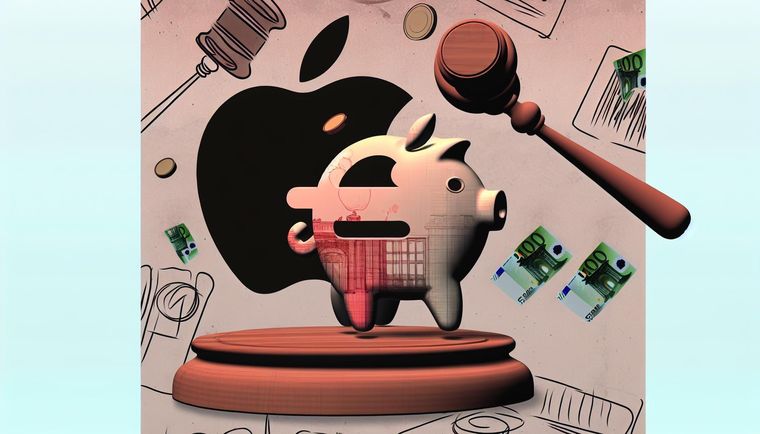EU Court Rules Apple Must Pay Back €13 Billion to Ireland in Tax Case

In a landmark decision, the EU Court has ruled that American technology giant Apple must repay nearly 97 billion kroner, equivalent to roughly €13 billion, to Ireland. This ruling comes as a significant boost for Margrethe Vestager, the European Commission's Vice President responsible for competition policy, who has been leading efforts to reclaim the funds since the European Commission's original claim in 2016.
The root of the issue lies in Apple’s favorable tax arrangements with Ireland, which the European Commission has argued provided the company an unfair advantage by allowing it to pay far less tax compared to its competitors within the EU. On Tuesday, the EU Court upheld the Commission's findings, overturning an earlier judgment that sided with Apple. This ruling confirms that Ireland’s tax agreements with Apple constituted illegal state aid.
Vestager has long been an advocate for fair competition and transparency in the tax practices of multinational corporations. The court’s decision not only vindicates her stance but also underscores the EU’s commitment to ensuring that large companies pay their fair share of taxes.
With the ruling now finalized and not subject to appeal, this case marks a significant milestone in Europe's ongoing battle against tax evasion and the manipulation of tax laws by multinational entities. Vestager is expected to further elaborate on the ruling at an upcoming press conference, shedding light on its implications for both Apple and other companies operating within the EU.
As her tenure approaches its end, Vestager's successes in these high-profile cases, including this monumental ruling, may be among her last as she prepares to pass the baton to her successor, Dan Jørgensen, when the new European Commission commences next month.
The decision not only impacts Apple’s finances but serves as a warning to other corporations regarding compliance with EU tax regulations. The ripple effects of this ruling could be felt across the tech industry, as it emphasizes the necessity for transparency and fairness in taxation practices moving forward.
Related Sources:
